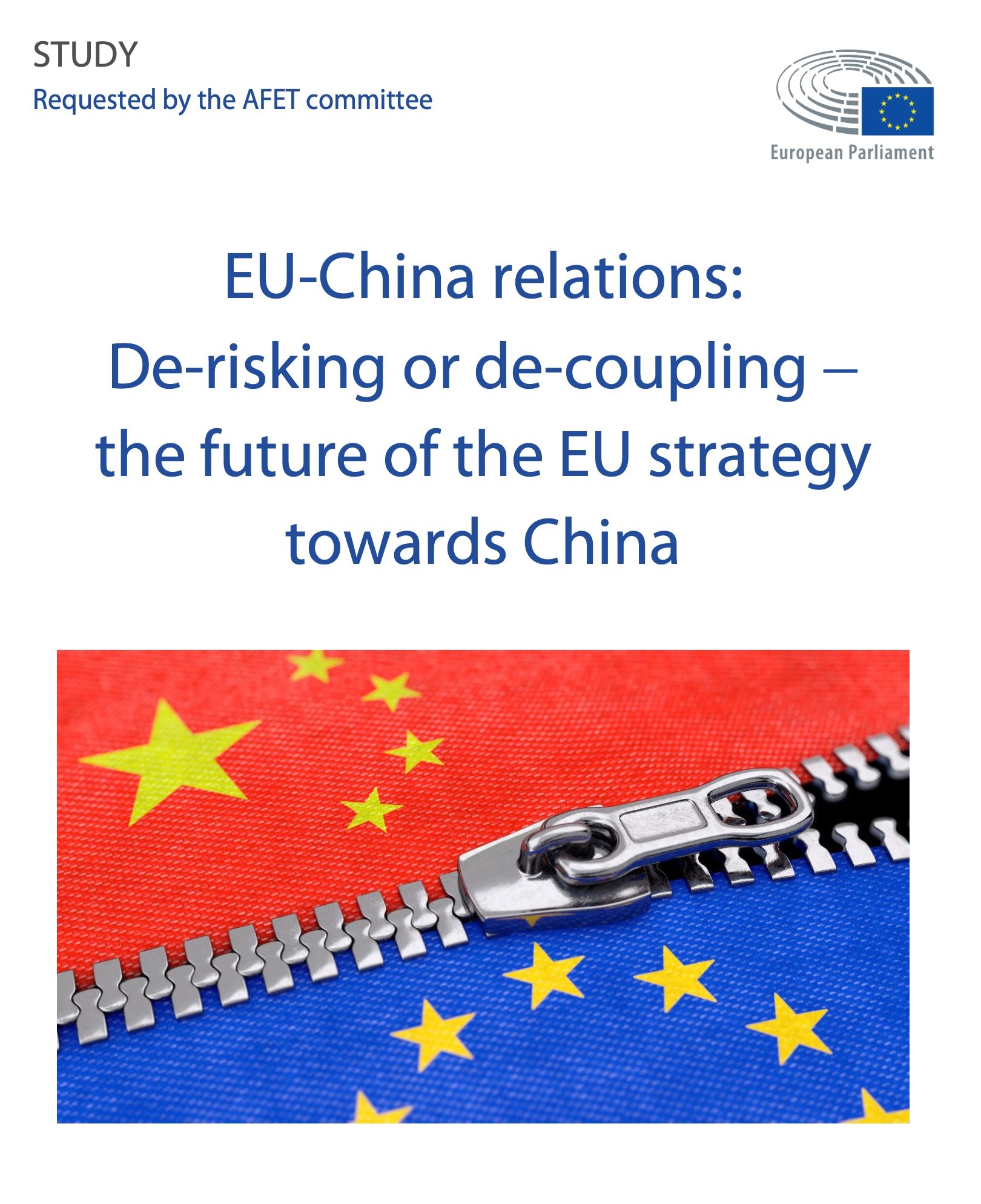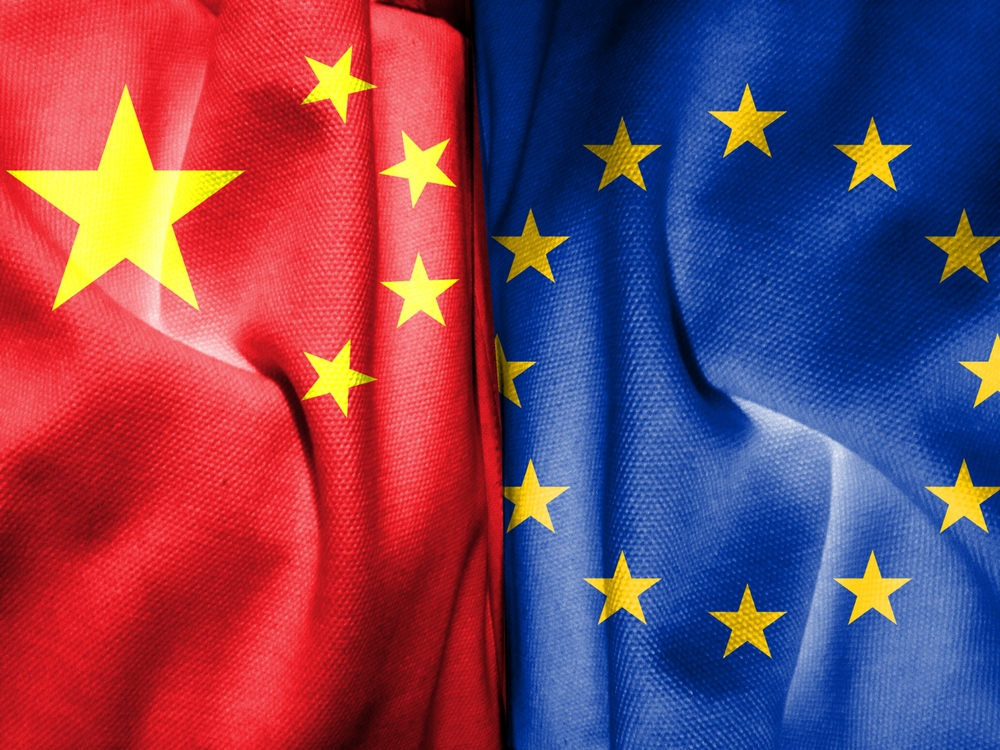EU-China relations: De-risking or de-coupling − the future of the EU strategy towards China

As the European Union (EU) prepares for a new round of parliamentary elections, how should the bloc consider its strategy towards China?

To evaluate the EU's policy framework towards China, this study analyses the varied facets of bilateral relations and the EU’s approach towards China, including its policy of de-risking, together with issues relating to China’s domestic politics and foreign policy. It highlights the need for the EU to adopt a coherent vision and a comprehensive and consistent long-term China strategy that can guide its future actions towards China and on the world stage. Based on its findings, it also provides a series of specific recommendations for the EU on the numerous topics analysed in the study.
John Seaman, Research fellow at Ifri's Center for Asian Studies, was a co-author of this study, notably contributed to alysis on the concepts of de-risking and economic security in the EU's relation with China
> The study is available on the European Parliament's website.
Related centers and programs
Discover our other research centers and programsFind out more
Discover all our analyses
RAMSES 2024. A World to Be Remade
For its 42nd edition, RAMSES 2024 identifies three major challenges for 2024.
France and the Philippines should anchor their maritime partnership
With shared interests in promoting international law and sustainable development, France and the Philippines should strengthen their maritime cooperation in the Indo-Pacific. Through bilateral agreements, expanded joint exercises and the exchange of best practices, both nations can enhance maritime domain awareness, counter security threats and develop blue economy initiatives. This deeper collaboration would reinforce stability and environmental stewardship across the region.

The China-led AIIB, a geopolitical tool?
The establishment of the Asian Infrastructure Investment Bank (AIIB) in 2016, on a Chinese initiative, constituted an attempt to bridge the gap in infrastructure financing in Asia. However, it was also perceived in the West as a potential vehicle for China’s geostrategic agendas, fueling the suspicion that the institution might compete rather than align with existing multilateral development banks (MDBs) and impose its own standards.
Jammu and Kashmir in the Aftermath of August 2019
The abrogation of Article 370, which granted special status to the state of Jammu and Kashmir (J&K), has been on the agenda of the Bharatiya Janata Party (BJP) for many decades.








